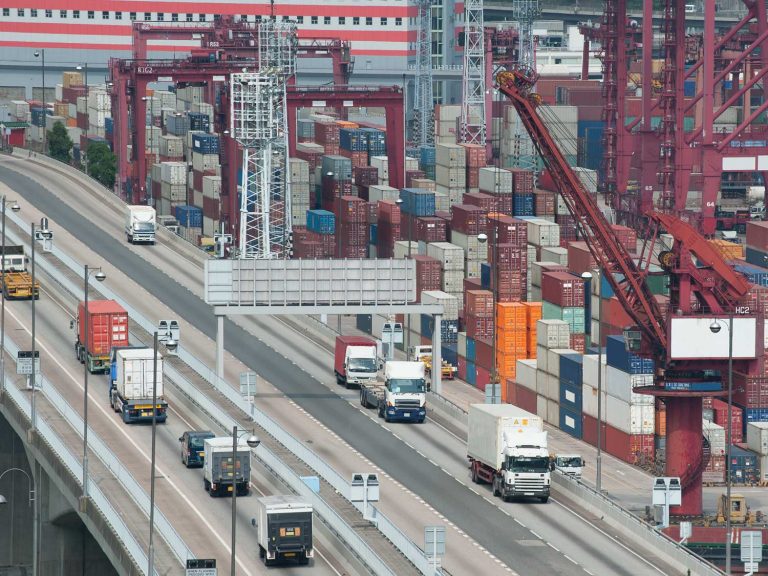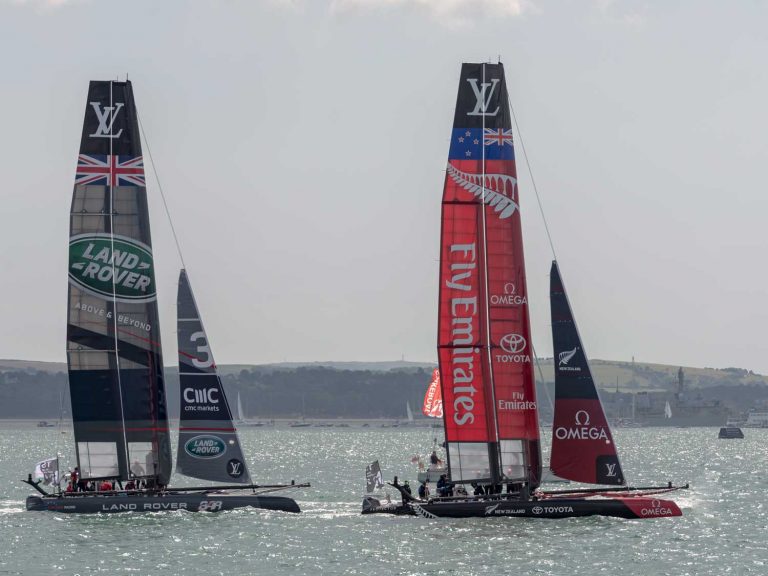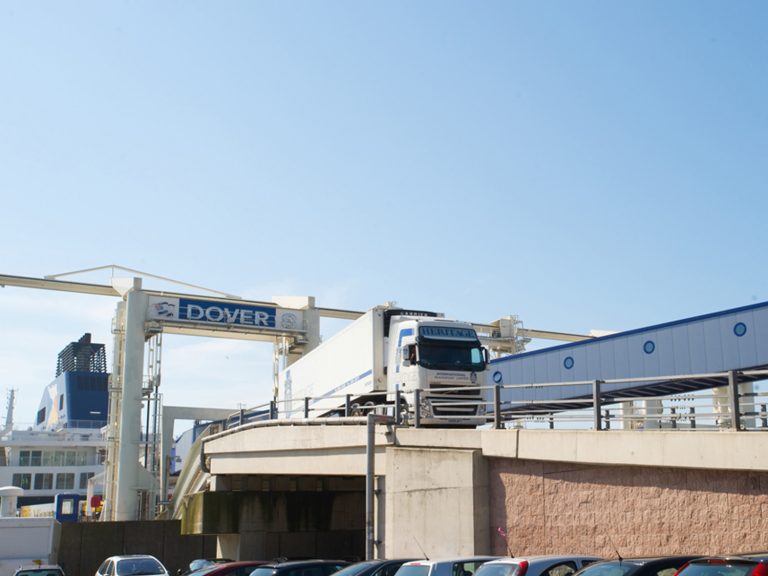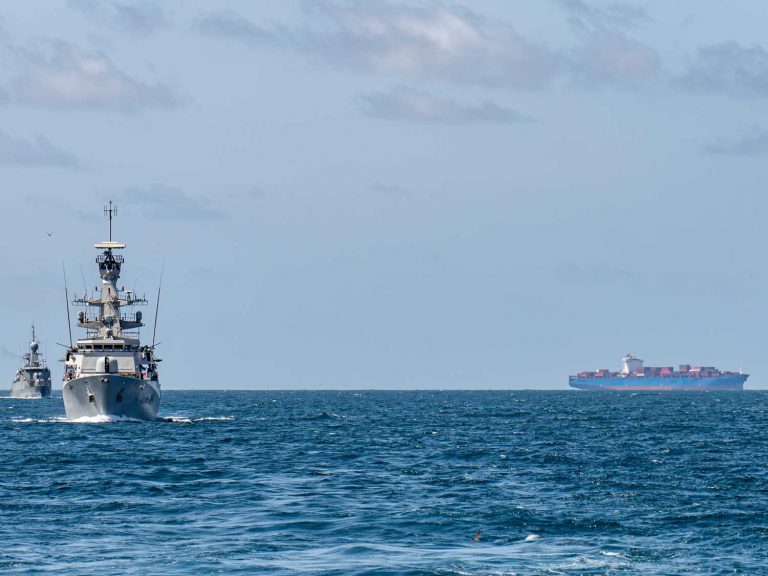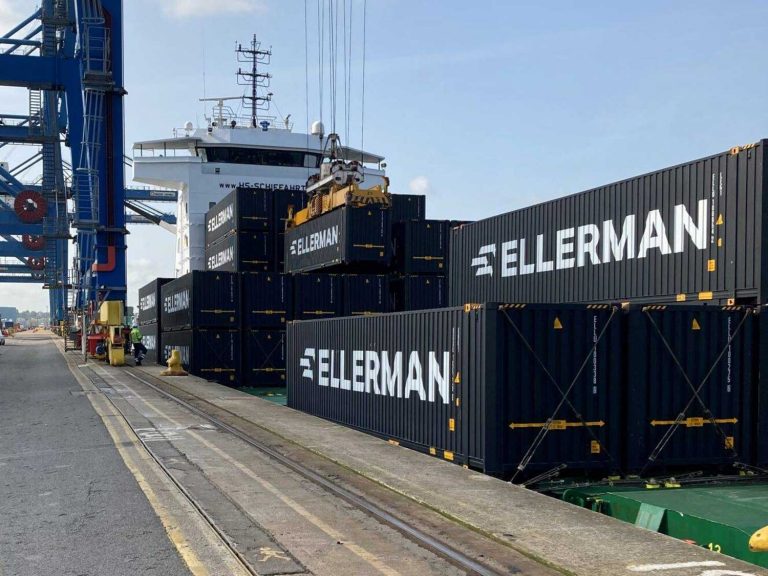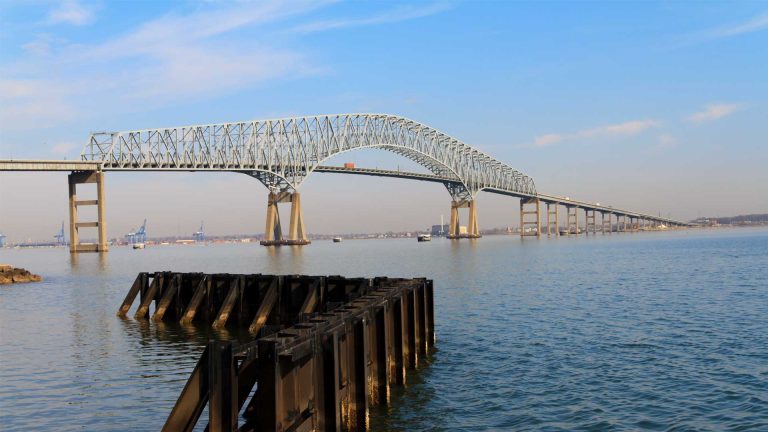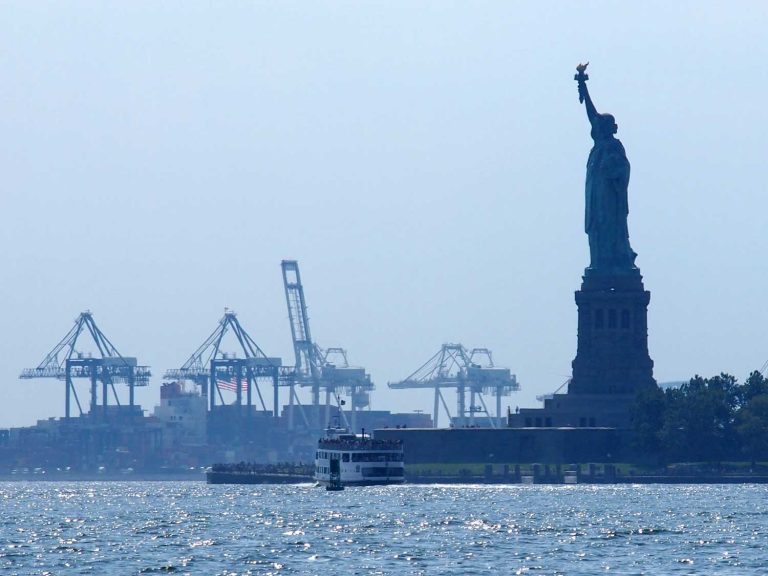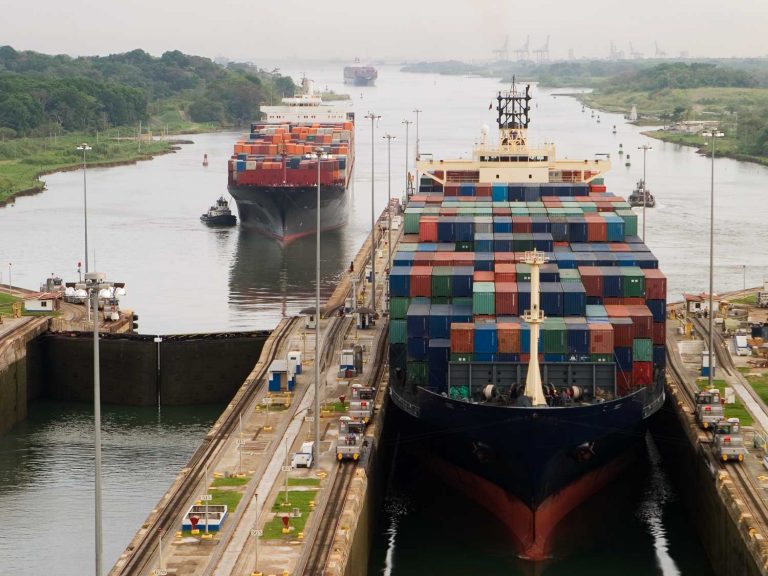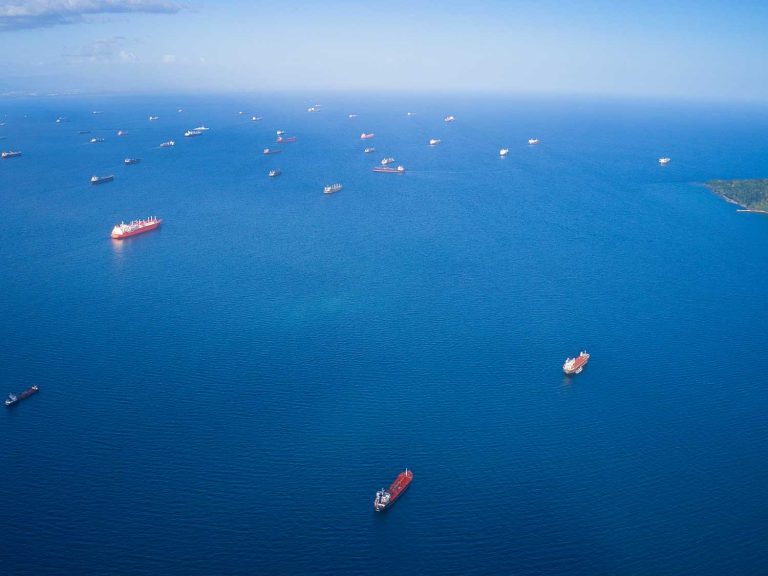Ocean demand outweighs supply
The ongoing impact of vessel diversions as a result of the Red Sea conflict continues to absorb available capacity at a time when demand is rapidly increasing. Container volumes are already higher than many predicted and there is a possibility that we have already entered a peak season market env...
Read more Environment matters
Managed well, supply chains reduce costs and enhance profitability, but the impact of climate change has highlighted the importance of sustainability and the need to improve supply chains to protect our ecosystem and preserve natural resources for future generations.
The supply chain plays ...
Read more Red Sea crisis expanding and growing
After the longest period of attack-free shipping in the Red Sea since December, the situation in the region is escalating, with an increase in Houthi attacks, fears that the ‘danger area’ may be expanding into the Arabian Sea and Indian Ocean and an Iranian vessel hijack off the Gulf of Oman....
Read more Strengthening global partnerships: India
Metro’s main board recently completed a multi-city tour across India, as part of a strategy to fortify existing partnerships with key suppliers and to carve out new avenues for growth, by direct engagement with prospective customers.
The visit spanned several major cities including Mumbai an...
Read more UK and EU customs border changes
ICS2 advance filings will be used by EU customs to identify high-risk shipments from the 3rd June, while post-Brexit import charges which come into effect on the 30th April have raised fears of UK food price inflation.
The UK Common User Charge (CUC)
The CUC will apply to each commodity line ...
Read more Red Sea update
The last three months of 2023 were some of the worst for liner shipping’s finances in recent years, while early volume indications for this year suggest the coming months could bring stronger trading conditions for shipping lines, especially with the Red Sea diversions and capacity management t...
Read more Baltimore supply chain contingencies
In Baltimore work to remove the 9,662 TEU vessel Dali and damaged bridge has begun, with seven floating cranes and 30 vessels on scene, but with 4,000 tons of steel pinning the ship to the riverbed port officials suggest vessel diversions could last three months.
The bridge collapse will mean ...
Read more Avoiding the bill that Dali shippers will face
The Francis Scott Key Bridge in Baltimore collapsed after the container ship, Dali, collided with it last Tuesday. The eventual cost of the disaster is expected to be hundreds of millions of dollars and shippers with cargo aboard the Dali could ultimately be responsible for the ship's damages and...
Read more Maersk vessel collapses Baltimore bridge
The Dali, a time chartered Maersk container vessel with two pilots onboard, crashed into a support pylon of the Francis Scott Key Bridge in Baltimore, Maryland, in the early hours of Tuesday 26th February, collapsing a large section of the 1.6 mile bridge into the Patapsco River.
The Francis S...
Read more TPM and US review
Organised by the Journal of Commerce, TPM (Transpacific Maritime Conference) is the premier global shipping and supply chain conference, attracting senior executives from all areas of the industry.
Held annually in the port city of Long Beach, California, TPM brings together shippers, carriers...
Read more Sustainability key to long-term Panama Canal
With 5% of global maritime trade and 40% of US container traffic using the Atlantic-Pacific shortcut, the Panama Canal is a critical link in global supply chains and the drought-driven disruption which started last year is finally relenting, with the key waterway expected to be operating at full ...
Read more Research uncovers scale of Red Sea disruption
New research by the British Chambers of Commerce (BCC) has found that over half of importing manufacturers and retailers (53%) have been impacted by the disruption to shipping caused by the Red Sea crisis, with over half of exporters (55%) also experiencing increased costs and delays.
The issu...
Read more 
